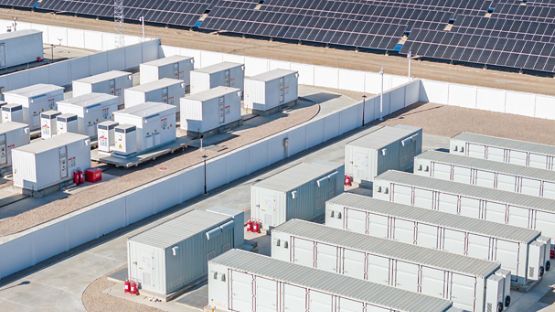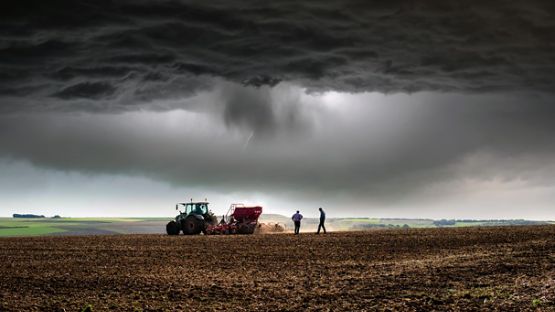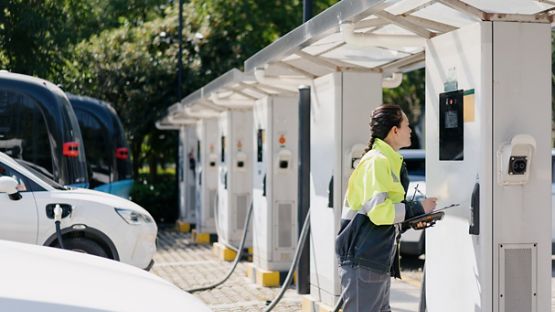Commercial Auto Insurance differs from Personal Auto Insurance in a number of ways, the key one being that Commercial Auto Insurance covers vehicles that are used for commercial purposes, such as transport or delivery. These include everything from delivery vans to box trucks to company cars. The two types of insurance coverages are similar, however, in that both are meant to protect you from damages caused by an incident that involves a vehicle that you own or operate. They both also experience similar claims - common claims include theft, vehicle collisions, and damage by the elements (e.g., hail, falling branches, etc.).
Common Commercial Auto claims
Commercial Auto Insurance ensures that you can cover damages that may have been caused by or involve your business vehicles. You get these protections through mandatory coverages such as Third-party Liability, Accident Benefits, and Direct Compensation property damages, as well as additional coverages such as Collision, All Perils, Comprehensive and Specified Perils.
Here are some of the most common Commercial Auto claims:
Theft
In Canada, some of the most common Commercial Auto claims are theft. Between 2021 and 2022, Quebec, Newfoundland and PEI theft rates were found to have exceeded the 50% mark in car thefts, while theft rates in Ontario spiked by 48.3%. This has become a national concern, with both insurance and law enforcement organizations estimating losses amounting to $1 billion in vehicle theft claims.
To combat the increase of professional theft rings, drivers are advised to take extra precautions to secure their vehicles. This applies to those driving commercial vehicles, as well. It’s important to note that if you’re on an Individually Rated Commercial Auto (IRCA) insurance policy, theft losses may not be recoverable, and depending on the number of theft losses in the preceding three years, you may not be able to receive coverage for related damages.
In the case of fleet insurance policies, vehicle theft losses are based on money in and money out, so an increase may be based on the overall loss ratio (regardless of fault).
Collisions
Another common Commercial Auto claim is auto collisions. Regardless of fault, a Commercial Auto Insurance policy can help compensate for damages.
If another driver is at fault, your insurance company will file a claim with their provider, and their Collision or Liability coverage pays, with any remaining fees covered by your own plan. If you or your employee is responsible, the same will apply in reverse.
In Quebec, drivers' liability is defined by the Direct Compensation Agreement (DCA), and insurance companies provide compensation on the basis of their client's responsibility for the accident and the types of protection included in the insurance policy.
Perils
One more usual Commercial Auto claim involves damage by the elements, such as if your vehicle is damaged by hail or your windshield is broken by a falling tree branch. Depending on your policy, these damages may be compensated fully, especially if you have comprehensive coverage.
How to file a Commercial Auto claim
Filing a Commercial Auto claim is simple. You only need to contact your insurance provider (or broker) and go through the claims process with them. This typically involves providing them with details of the incident you are filing a claim for that is covered by your insurance policy.
To make the claims process go smoother, it’s best to gather all the necessary information about the event. If you have photos of what happened and witness accounts, that’s even better!
Minimizing filing of Commercial Auto claims
At the end of the day, you want to minimize filing Commercial Auto claims because these will help keep your premiums low in the long run. The best way to do this is to make sure that your work vehicles are equipped and maintained with the best safety and security features and procedures.
Here are some tips to help you stay out of harm’s way on the road:
Maintain your vehicles
Make sure that all your company automobiles are fit for use and meet required safety standards. Have them regularly checked by a mechanic.
Do regular safety checks
Encourage your drivers to do regular safety checks on their vehicles before each use. You can standardize these by keeping a safety checklist in all cars, which operators must tick off completely before going on the road.
Prepare your drivers
Vet all the drivers that you hire, making sure that they are properly licensed, have experience driving a similar vehicle and have pristine driving records.
Additionally, provide them with safety training from a professional. You can even enroll them in programs from (or affiliated with) your insurance provider.
Get extra protection with Commercial Auto Insurance
There is no question that every driver must operate their vehicles with utmost care and caution. But accidents can happen, and in case they do, it’s always best to have Commercial Auto Insurance for extra protection. Whether you’re managing just one commercial vehicle or a fleet of business cars, be sure to have great Commercial Auto Insurance in place!













